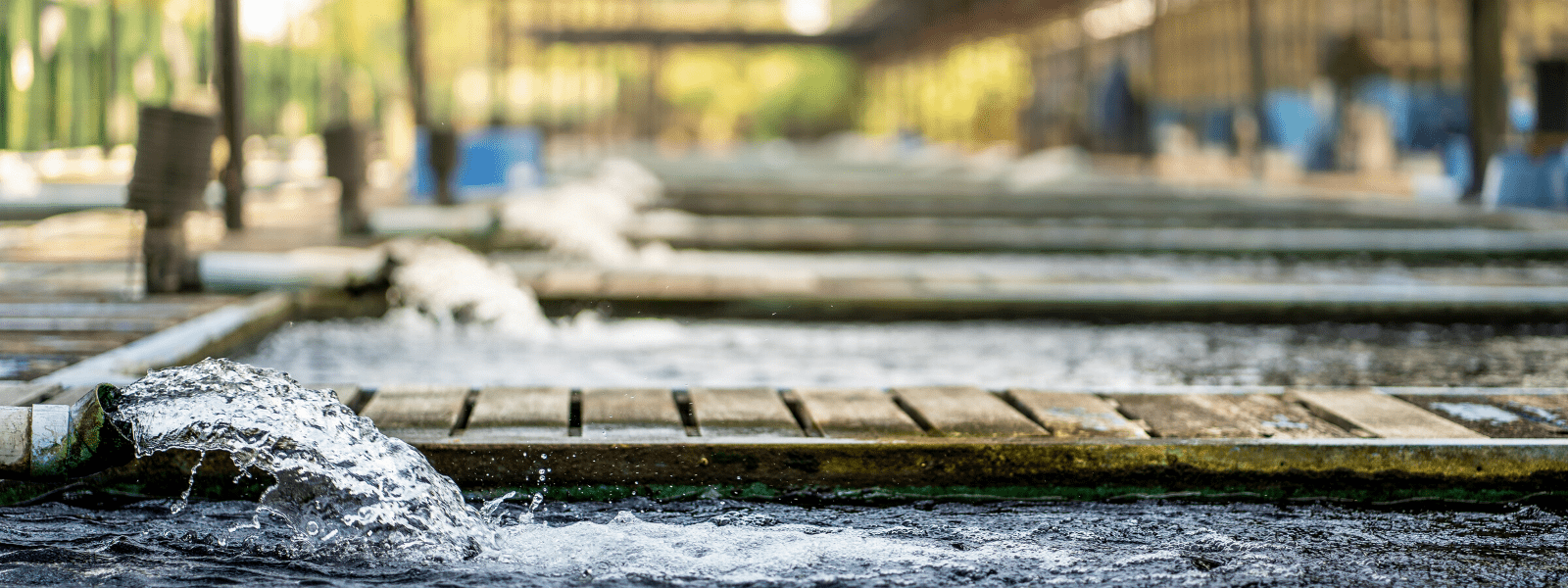There are several types of water treatment plants. The categories range from what type of water enters the plant to how the water is treated to the purity of the water leaving the plant.
Types of Water Treatment Plants
- Effluent (industrial wastewater)
- Sewage
- Common and Combined Effluent Treatment Plants (CETP)
- Demineralization
- Reverse Osmosis
There are more types of water treatment plants, but they all have a similar goal to treat contaminated water and produce cleaner water for the desired use of the output stream. The ones listed above provide a range of examples to describe what type of water is sent to water treatment plants and how it is treated. Other water treatment plants may also combine a few of these types for successful water treatment.
Descriptions of the Water Treatment Plants
- Effluent Water Treatment Plants: Industrial wastewater enters effluent water treatment plants so, the water can be purified by removing non-toxic and toxic chemicals using drying and evaporation methods to help reduce the chance of pollution and aid in environmental protection. This type of plant is common among pharmaceutical and chemical companies.
- Sewage Water Treatment Plants: Sewage and contaminated water is sent through a pre-treatment process to remove large debris prior to entering a more intensive treatment process. This process uses a chemical, physical and biological process to remove organic matter and physical contaminants to make the water reusable. Activated sewage plants can be used to help the treatment of sewage water. Sewage water treatment plants can be found in residential, municipal, and commercial areas.
- Common and Combined Effluent Treatment Plants: Designed for small-scale treatment plants, they help reduce the water treatment costs for small-scale industry applications. They are used for small areas and when wastewater flows into the plant at a controlled, low rate.
- Demineralization Water Treatment Plants: Demineralization is used to remove minerals and dissolved solids from feedwater destined to enter boilers or other process streams. Ion exchange resins are used to soften and remove nitrate from the water which produces exceptional quality water. This treatment plant is commonly used for steam generation and cooling.
- Reverse Osmosis Water Treatment Plants: Using a high-pressure pump, wastewater is pushed through a reverse osmosis membrane that removes nearly all the salts in the water. This treatment plant can be found in industries such as semiconductor manufacturing and metal finishings for the food industry.
Looking for Water Treatment Chemicals?
Water treatment is one of the most important parts of any process. Ecolink can help find the best chemicals to maximize the success of your water treatment plants. Contact us to learn more about our water treatment chemicals!
















